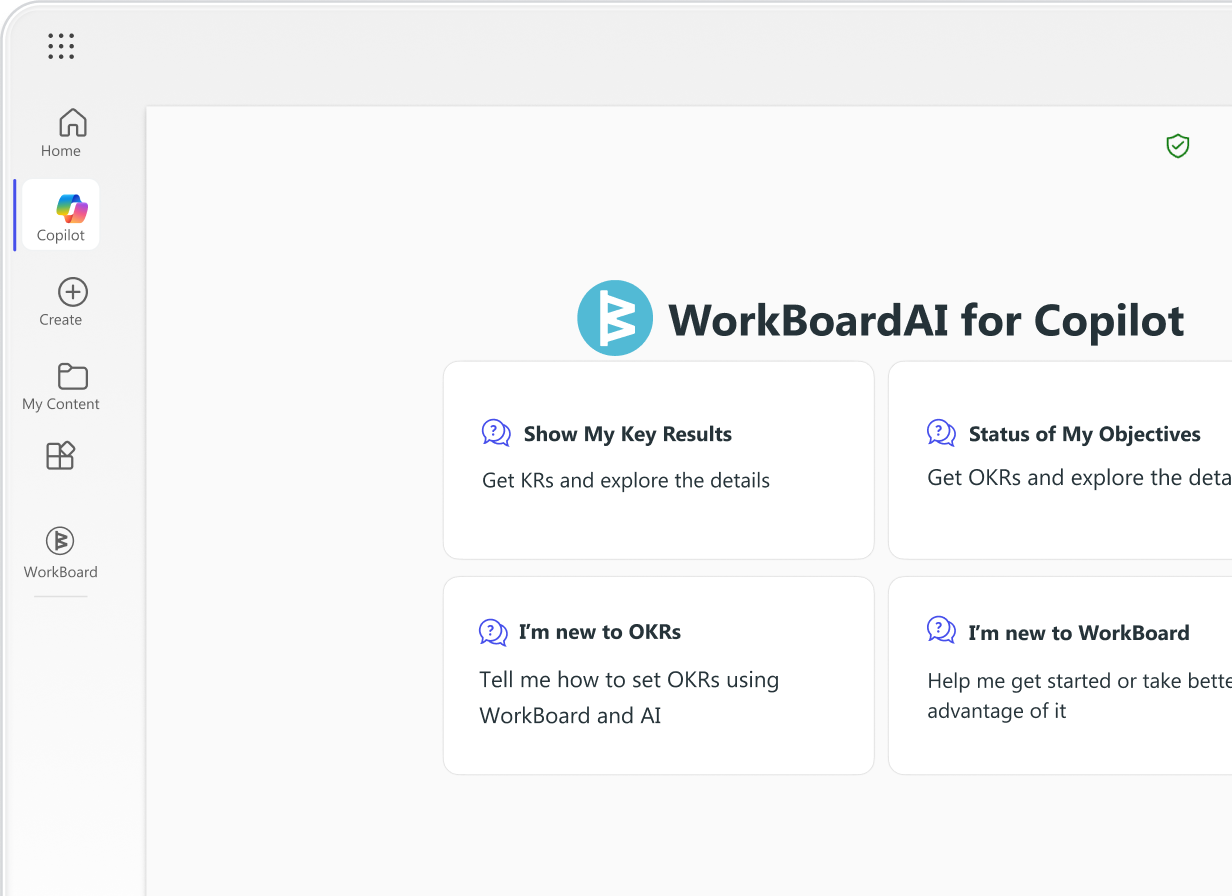Article Overview
Executive coach and guest velocity guru Beth Armknecht Miller offers advice on how to manage common causes of frustration in a coaching relationship.
Coaching can be an extremely rewarding experience. However there are times when the coaching relationship can become frustrating to you and/or the coachee. So what could be causing your frustration?
1. Have I built and continue to build a trusting relationship?
Before labeling your coachee as “uncoachable", evaluate the relationship you have with your coachee. In my article, Coaching Starts With Trust, I talk about the importance of building a trusting relationship with your coachee.
2. Am I doing the heavy lifting?
Your questioning skills are critical to being a good coach. Questioning is both an art and a science. If you get a blank stare from your coachee after asking a question or an “I don’t know”, you will probably want to jump in and help him with the answer.
Don’t jump in! Instead, use silence first to do the work for you. If the pause gets too long, then ask a follow on question such as “What’s the first thing that comes to your mind?” or “How did you feel when I asked you that question?” to get him to continue to think, analyze and self-reflect.
3. Does my coachee want me to solve his problems for him?
Your role as coach is to guide him, not solve his problems. Your job is to ask the powerful questions to get the coachee to develop his own solution. Giving him the solution denies him the opportunity to grow and develop as a professional. And it reinforces a reliance on you to provide him with solutions in the future.
4. Does my employee think he knows all the solutions and thus doesn’t value me and my time?
Coaching is a partnership and when your coachee is consistently late to or rescheduling your coaching conversations, or dismissing your opinions and experience then there is a problem. You may hear “I knew that” come out of his mouth a lot. Bottom line is arrogant people aren’t coachable. Arrogant people need to be challenged on how they are perceived and how it impacts his effectiveness and relationships. If in the end, he is unwilling to see what you see then it is time to cut the cord.
5. Does my employee have a hard time seeing the behaviors he needs to change?
If he doesn’t see a need to change, then he won’t. You can have a 360 assessment completed on him in this situation. A 360 can help open the eyes of a non-believer by providing more data points than yours alone and can make the coachee less defensive and self-aware. If additional input from others doesn’t work then don’t waste your time and move on.
6. Is my coachee not willing to commit to taking action?
In the end, successful coaching is about getting someone to change and be accountable for his future. After you have guided him to an appropriate solution, if he is unwilling to develop a SMART goal and be accountable for making it happen then you have three options.
First, explore with him if the goal is the right one, and if not make adjustments. The second option is to push him into making a commitment and exploring his level of commitment using a likert scale question, i.e. “On a scale of 1-10, how committed are you to making this happen, 1o being extremely?” And finally, the last option is to discontinue coaching him.
7. Is my coachee unable to manage his emotions?
Being empathetic is important as a coach. Yet, you should start with empathy and then move the person to an approach that is focused on creating a solution for the future and not dwelling on the past and what can’t be changed. If the emotions are about a work relationship, help him to focus on how he can resolve the situation for himself versus stepping in to rescue him. In the end, if the emotions are not controllable by the coachee, he may have a psychological problem that you are not trained to assist with, in which case you may need to involve human resources.
In the end your success as a coach is about both you and your coachee working together, you acting as guide, and your employee doing the hard work of change.
WorkBoardAI and coaching
Great coaching relies on clarity, trust and shared accountability. When coaches guide rather than solve and help people see the outcomes their behaviors drive, they create the conditions for real growth.
WorkBoardAI reinforces this discipline by providing transparency to objectives and results so every conversation is grounded in facts. With clearer alignment and a common view of what matters, coaching becomes more focused and teams build the habits that drive better execution.
Learn more about WorkBoardAI.
